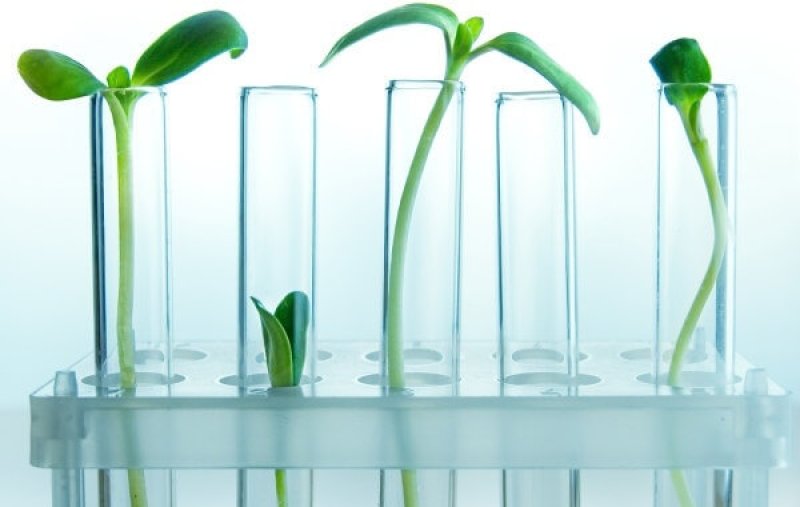Hiding inside each plant cell, protein complexes encoded by disease resistance genes are like sleeping armies, waking up and activating defenses when harmful pathogens such as fungi or bacteria are detected. Such genes encode traits used by agricultural biotechnologists to generate disease-resistant crops, and plant biologists are striving to illuminate every aspect of how they work — much of which remains shrouded in mystery.
In new research published in the journal Science, a team of biologists, including Colorado State University Assistant Professor of Biology Marc Nishimura, have shed new light on a crucial aspect of the plant immune response. Their discovery, revealing how plant resistance proteins trigger localized cell death, could lead to new strategies for engineering disease resistance in next-generation crops.
Read full, original article: Experiments illuminate key component of plants’ immune systems































